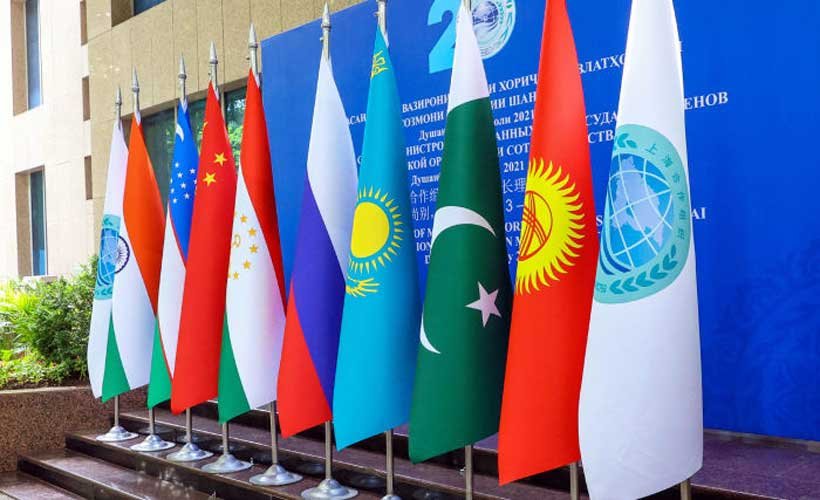Move forward with insight you can trust Join Now
Subscription Plans
Join our subscription service and gain exclusive access to a range of content in DIGITAL + PDF format, including:
-
English magazines -
Urdu magazines -
Op-ed columns -
Research and analysis




















































1 thought on “Reforming Thana Culture in Pakistan”
Good article but I find one Major Factor missing here, ●Dirty Politics of illiterate politicians